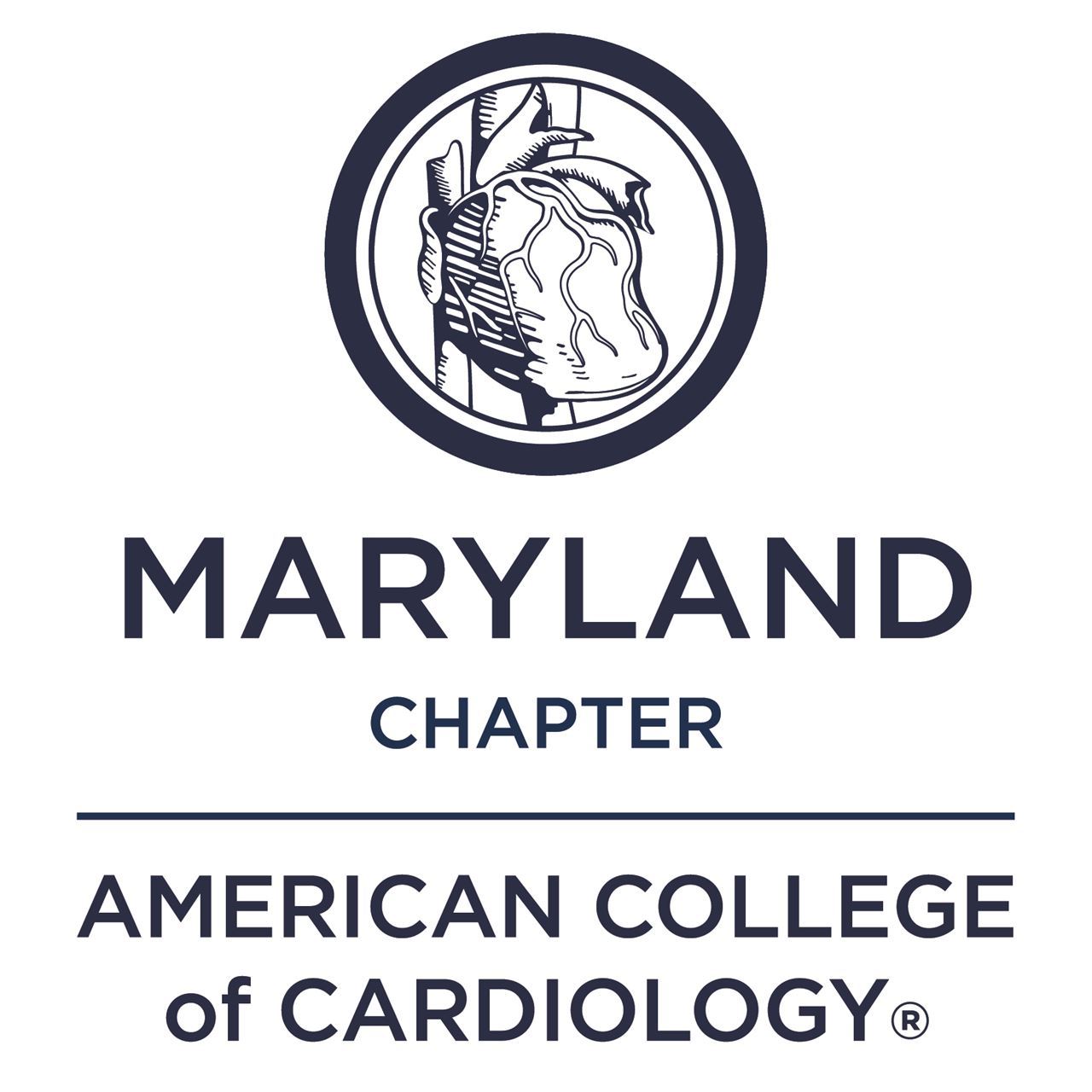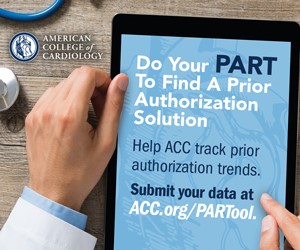|
Maryland ACC advocates for the health of patients, provides local and regional educational opportunities,
connects the local CV community, and mentors the next generation of diverse CV professionals.
President's MessageMarch 2026Dear Maryland ACC Members, We have been very active in highlighting initiatives and legislation that would improve cardiovascular health for the people of Maryland. In particular, I would like to highlight Dr. Ankit Shah’s excellent testimony on House Bill 837 during a recent House of Delegates Ways and Means Committee hearing.
I would also like to express my appreciation to Dr. Stanley Liu, MD, FACC for his leadership of the Maryland ACC Advocacy Committee. His efforts in guiding our Chapter’s engagement across multiple bills this legislative session have been instrumental in ensuring that cardiovascular priorities for our patients are represented thoughtfully and effectively. His commitment to this work has significantly strengthened our presence and credibility with state policymakers. House Bill 837 represents an important opportunity to enhance early detection of cardiovascular disease in young athletes and to promote awareness of warning signs among families, coaches, and schools. As the Senate prepares to consider the companion bill, state-level advocacy remains essential to advancing cardiovascular health and ensuring that legislation reflects evidence-based practice. I encourage all members to remain engaged with our ongoing efforts during this Maryland legislative session. Thank you again to Dr. Shah for representing our Chapter with distinction, and to Dr. Liu for his sustained leadership throughout this legislative cycle. I am grateful to all of you in Maryland ACC who continue to support our mission to improve cardiovascular care for the people of Maryland. Sincerely, Sammy Zakaria, MD, FACC President, Maryland Chapter ACC | Congratulations to the Johns Hopkins Jeopardy team who will represent MDACC at ACC.26 in New Orleans! Sean Paul Gaine |


.png)
